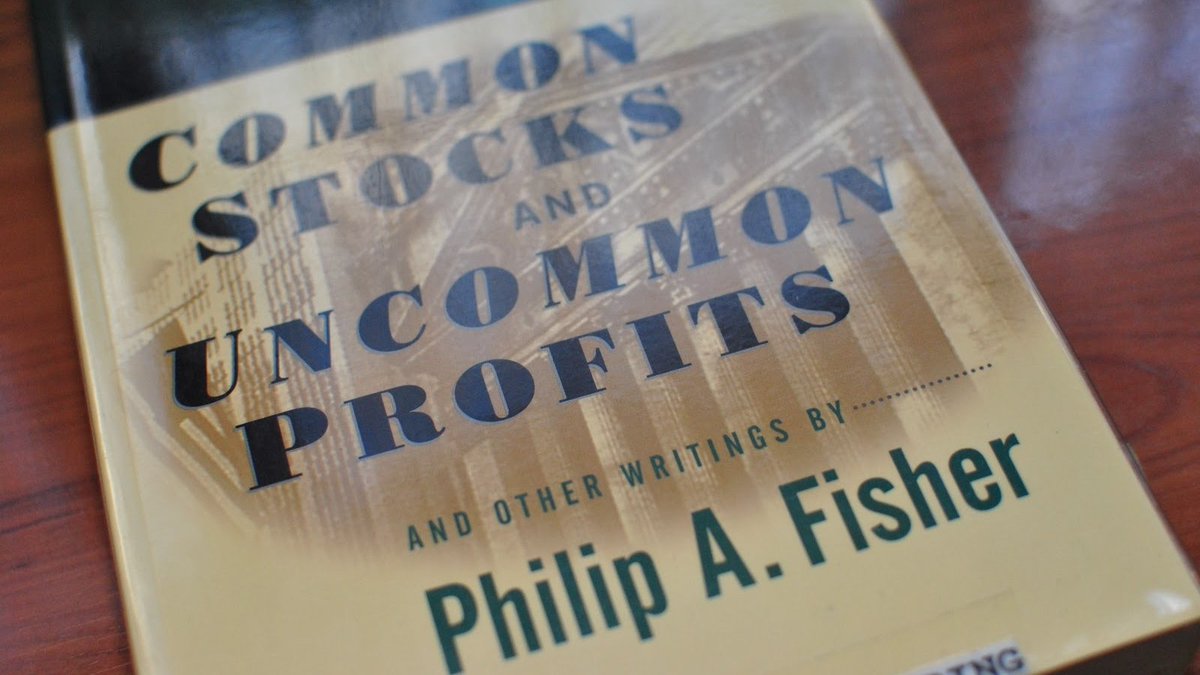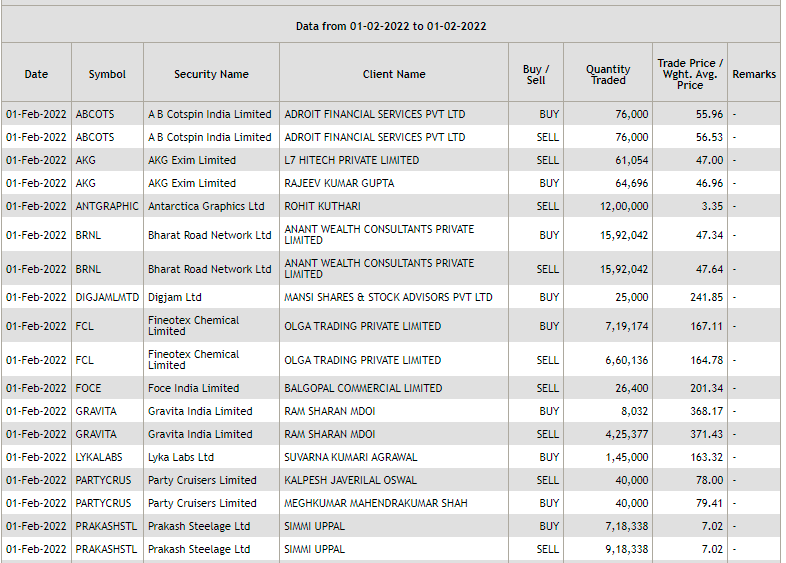These are the questions which help us in determining the "quality" of a business.
Warren Buffett has time and again said that he is 85% Graham and 15% Fisher.
Let's have a look at these 15 questions.
P.S.: Stocks listed in this thread are not to be taken as recos.
1. Does the company have products or services with sufficient market potential to make possible a sizable increase in sales for at least several years?
The important point which you must note here is that you must not just look at the size of the company.
You must also look at the opportunity size of the market in which the company exists.
Let's take the case of HDFC Bank. Although it is a huge bank, but it controls just 9% of the total credit market in India, suggesting an enormous opportunity for it to capture.
2. Does the management have a determination to continue to develop products or processes that will still further increase total sales potentials when the growth potentials of currently attractive product lines have largely been exploited?
There is a lifecycle of each product. Many times, the segment in which a company has dominated for a long time starts to decline.
All depends on the drive of the management whether they want to enter a new category to grow the company further.
Reliance's oil business was in a decline since long, and Mr. Mukesh Ambani knew that for the next leg of growth, he had to enter new segments.
Seeing this, he entered organized retail and telecom. All this took a lot of time, but now the company is reaping the rewards.
3. How effective are the company's research and development efforts in relation to its size?
R&D does not necessarily matter for tech companies. Let's take the case of FMCG companies where companies need superior distribution.
A company which is able to make its new product available to as many customers as possible will have a chance of making more sales.
HUL, even though it is the largest FMCG company, still continues to expand its distribution, widening the gap between itself and other FMCG cos.
4. Does the company have an above-average sales organization?
Making a sale is the single most basic activity of a business. If a company has to prosper, it needs people who can sell the company's products and services to its potential customers.
5. Does the company have a worthwhile profit margin?
Companies having high enough profit margins are better placed to thrive during the downturns. Profit margins must be looked across multiple years, and not just one particular year.
Again, it is the companies which have some competitive advantage protecting their business, that can protect their profit margins.
6. What is the company doing to maintain or improve profit margins?
The previous question talks about the past, while this one talks about the future profit margins.
There can be many catalysts that can possibly improve the profit margins. It can be some operating efficiencies, pricing power, or some cost advantages.
A company will be able to maintain its profit margin if it has some competitive advantage and is able to protect it.
7. Does the company have outstanding labor and personnel relations?
If workers feel that they are fairly treated by their employer, a background has been laid wherein efficient leadership can accomplish much in increasing productivity per worker.
Companies that care about their workers can also generate enormous amounts of cash for its shareholders. A good example is Tata Steel.
8. Does the company have outstanding executive relations?
A company which takes care of its higher officials, they will feel more like the owner and less like an employee. Such executives will look to create shareholder value.
9. Does the company have depth to its management?
A company depending upon a single person can grow only till the point that person is there with the company. You must check whether the company has a process oriented management rather than a one which is dependent on one/few ppl
The Tata group is one of the best examples of having a process oriented management team.
10. How good are the company's cost analysis and accounting controls?
This point is somewhat linked with the 6th question. A company that is able to control its cost, is definitely poised to grow its margin, which in turn will lead to rising profitability.
11. Are there other aspects of the business, somewhat peculiar to the industry involved, which will give the investor important clues as to how outstanding the company may be in relation to its competition?
There are some aspects which affect a business which are outside of the industry which it is operating in.
For example, DMart is in the business of organized retail, but it requires some knowhow of the real estate industry in order to set up their stores at optimal locations.
12. Does the company have a short-range or long-range outlook in regard to profits?
Some managements have the temptation of showing higher profits in order to push the stock price up, due to the fact that their compensation is linked to the stock price.
But, there are some companies which look to focus on the long term. Many companies cut their employees' salaries during the COVID-19 crisis, in order to show less losses.
On the other hand, some companies did not do so. Although this might have had some dent on their profits, this has helped them build a strong relation with their employees, which will definitely reward them in the long run.
13. In the foreseeable future will the growth of the company require sufficient equity financing so that the larger number of shares then outstanding will largely cancel the existing stockholders' benefit from this anticipated growth?
There is a concept of self sustaining growth rate, which helps us determine the maximum rate at which a company can grow using internal funds. Any company that has high ROCE can self fund its high growth.
If a company needs some external equity financing, then this will dilute your stake in the company. ESOPs are also dilutions. You must take these in account before investing in any company.
14. Does the management talk freely to investors about its affairs when things are going well but “clam up” when troubles and disappointments occur?
Look at whether the management discloses everything during tough times.
It is these tough times that define the integrity and transparency of the management.
IDFC First Bank was showing a string of losses quarter after quarter.
There was a huge pressure on the management to show profits, but they identified Vodafone Idea as a stressed account and made a huge provision for it even though it was performing well. This huge provision led to the bank reporting another loss quarter.
The management could have reported a profit in that quarter if they wanted to, but they decided to transparently disclose everything to its shareholders.
15. Does the company have a management of unquestionable integrity?
This point is closely linked with the previous one. A management with high integrity will disclose whatever is required to the shareholders, whether or not it is positive or negative.
A prominent example was with HDFC AMC who was holding the troubled Essel group in its debt funds. The debt unitholders were staring at huge losses, but HDFC AMC decided to take these losses on their books, so that the unitholders wouldn't have to face any losses.
Although this move might have resulted in a loss for the shareholders of HDFC AMC, this improved the brand image of HDFC even further.
Whenever you are looking to invest in any company, perform an extensive analysis by going through these 15 points given by Philip Fisher.
Read Common Stocks & Uncommon Profits👇
https://t.co/jGBE9FAHxW

